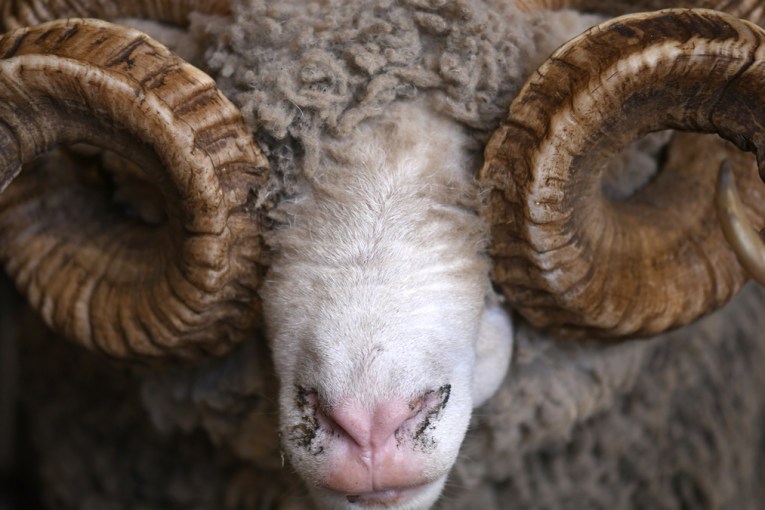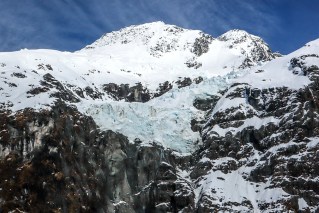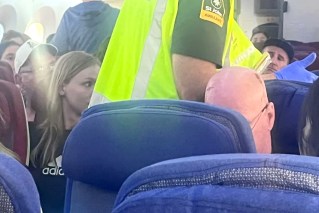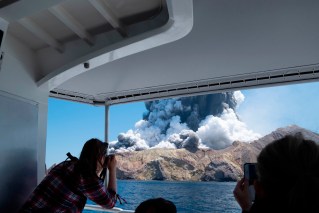NZ rethinks borders as Delta takes hold

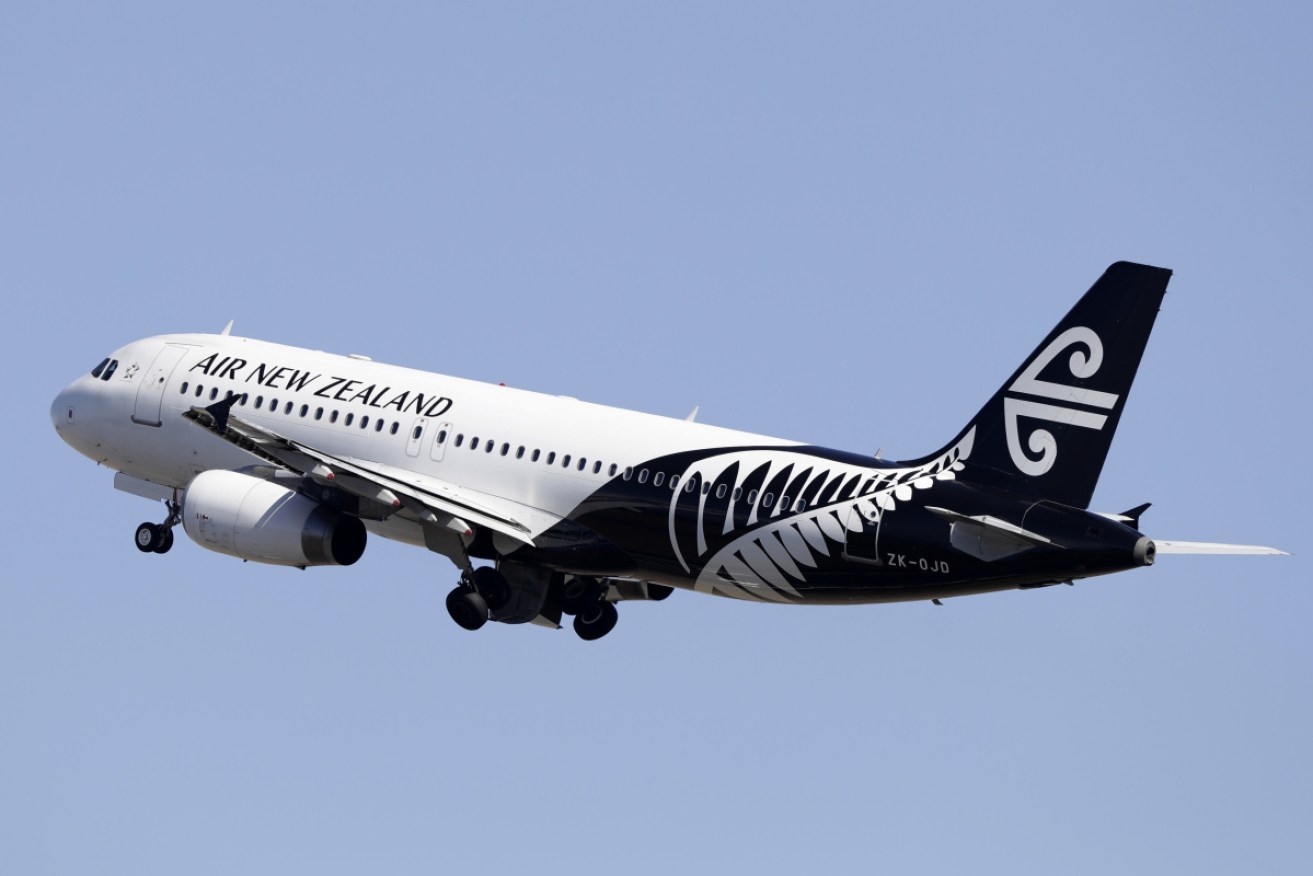
International travel has been on hold since July, when NZ suspended the trans-Tasman bubble. Photo: AP
New Zealand’s defeat by the Delta strain of COVID-19 could bring a relaxation of international border rules by Christmas.
And Jacinda Ardern’s government is preparing to allow Kiwis with the virus to stay at home or isolate at community facilities if they do not need hospital-level care.
A predicted surge of coronavirus cases on the horizon has prompted the changes. New Zealand had another 71 infections on Thursday – the highest daily number in six weeks – pushing the seven-day average to 49.
Modellers predict a surge in coming weeks.
“It’s very clear the outbreak is growing … on the current trend, the number of new cases is approximately doubling every 12 days,” University of Auckland modeller Michael Plank said.
“If that continues, we would be seeing around 160 new cases per day by early November.”
New Zealand’s hard border has been maintained as it pursued an elimination strategy against the virus, but the reluctant acceptance of ongoing community cases has turned the government’s mind to a border rethink.
Ms Ardern appears set to loosen the compulsory 14-day stay in a quarantine hotel – known locally as MIQ – on arrival.
“We are actively considering our MIQ settings in light of the fact that we are unlikely to get back to zero cases,” COVID-19 Minister Chris Hipkins said.
“You can expect to see us talking more about that fairly soon.”
International travel has been on hold since July, when New Zealand suspended the trans-Tasman bubble due to growing cases in NSW and Victoria.
While there are several COVID-free regions in both countries – including Wellington and the South Island – the government has not had an appetite to reopen the bubble.
In August, a major review suggested NZ should move to a traffic light system for arrivals in early 2022, based on the virus risk profile of where travellers have come from.
It is unclear whether it will continue to pursue that plan, given the virus appears set to stay in NZ.
New Zealand has already issued a vaccine mandate to international arrivals: From November, all non-citizens arriving in the country must be fully vaccinated against COVID-19.
For future moves, the government is keeping a close eye on Australia’s planned reopening next month.
“People wanting to move between New Zealand and Australia … is one of the areas where there’s the most pressure for movement,” Mr Hipkins said.
“Whenever we’re talking about any changes at the international border, Australia is one of those countries that is absolutely front of mind.”
NZ is transitioning from elimination into a suppression model, quickly writing a new rule book to minimise cases and protect the under-resourced health system.
Radio NZ reports 583 MIQ beds are designated for Kiwis with COVID-19, and as of Monday, 211 were in use, filled with 364 people.
The predicted surge in cases would challenge that capacity.
A proposed new measure is Community Supported Isolation and Quarantine, where low-risk cases could isolate at home or elsewhere.
The key preventative measure remains vaccination.
“Just 3 per cent of the cases in this outbreak have been vaccinated,” Mr Hipkins said.
“The best thing people can do to protect themselves and their whanau [family] is to get vaccinated.”
About 80 per cent of eligible Kiwis have had at least one dose of vaccine, with 57 per cent fully vaccinated.
-with AAP
